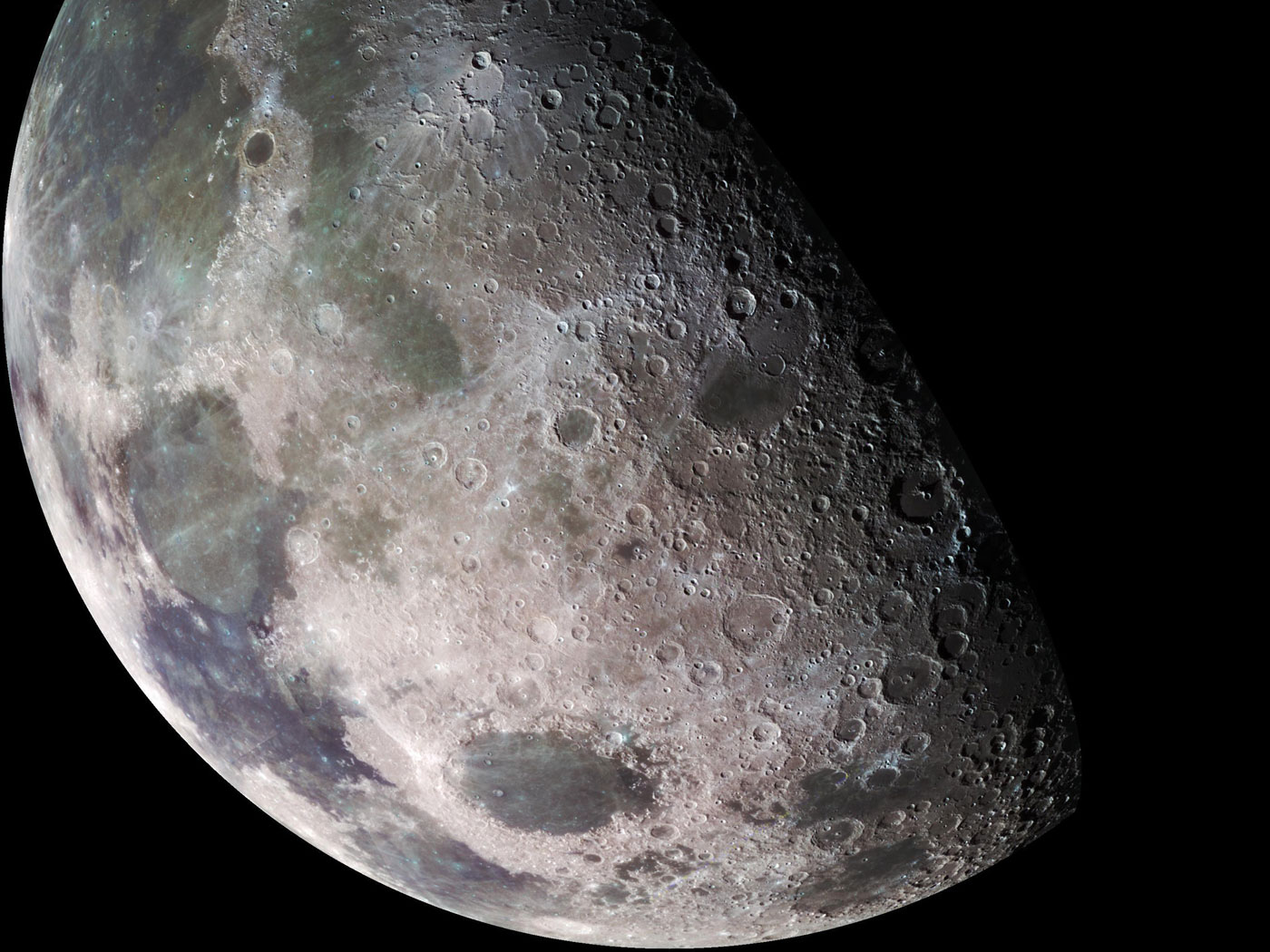Osedax worms—also called "zombie" worms—live off the bones of dead creatures. Several species of Osedax surfaced in Monterey Bay, California, in 2002, and evidence of them has now been found in the Mediterranean in a fossilized whale bone. These bone-destroying worms have evidently existed across the globe as long as animals have, which raises a question: If the fossilization of bones requires vast timespans, why didn't Osedax consume them before they could be mineralized?
An Osedax has no mouth. It instead absorbs its nutrients through branched appendages that grow down into the bone, while a tube-shaped stalk suspends fan-like gills into the surrounding seawater.1 The worm provides the perfect home for a species of symbiotic bacteria that erode the bone.2
After Monterey's deep-water Osedax discovery, researchers found more when they submerged and monitored a whale carcass in the Atlantic Ocean.3 Now, the characteristic cave-shape holes made by the worms have been recognized in the whale bone fossil from Tuscany in Italy.4 Has any ocean never had them?
Osedax holes have appeared in some of the lowermost whale bone fossils in the rock record, so the worms have been around at least as long as whales. But that also means that the whale bones could only have hardened into stone rapidly, before the worms could eat them.
Nature author Matt Kaplan wrote that since Osedax boreholes are found in bird fossils located in older dinosaur rocks, Osedax "could have evolved alongside whales roughly 30 million to 40 million years ago during the Paleogene period, or they could have evolved 70 million to 80 million years ago during the Cretaceous."4
But if the worms were alive that far back, then all those large, bony marine creatures—and birds—that were fossilized alongside dinosaurs must also have been deposited, buried, and mineralized rapidly to avoid destruction by Osedax.
In fact, clam shells, not just whale bones, are very susceptible to biological destruction. Paleontologist and textbook author Donald Prothero wrote, "The shells themselves are subject to other biological agents of destruction…. A variety of organisms, including boring algae, boring sponges, worms and bryozoans, erode holes and canals in dead shells and eventually weaken them so that they fall apart."5
But if clams are so quickly destroyed, then all their buried remains must have been deposited rapidly, too. And they are found in almost all sedimentary rock layers and on all continents.
Osedax worms had been known from the Pacific and Atlantic Oceans, and are now known in the Mediterranean. Thus, there may be no limit to their distribution across the earth. And their boreholes are evident in fossilized whales, birds, and animals, showing that there may be no time limit to their co-existence with these creatures. Together, this means that there may be no limit to the number of carcasses in the fossil record that required rapid, catastrophic conditions for fossilization.
So, zombie worms are one more indication that it is not present processes, but catastrophes, that are the keys to the earth's past. And the rapid fossilization and catastrophic deposition evident in the geologic record best fits the Bible's record of a young earth that was entirely flooded only thousands of years ago.
References
- 'Zombie' worms found in Mediterranean fossil. University of Leeds press release, November 1, 2011, reporting on results in Higgs, N. D. et al. Evidence of Osedax worm borings in Pliocene (~3Ma) whale bone from the Mediterranean. Historical Biology. Published online October 24, 2011.
- Thomas, B. Bone-eating Worms Show Fossils Formed Fast. ICR News. Posted on icr.org February 9, 2011, accessed November 7, 2011.
- Glover, A. G. et al. 2005. World-wide whale worms? A new species of Osedax from the shallow north Atlantic. Proceedings of the Royal Society B. 272 (1581): 2587-2592.
- Kaplan, M. Bone-boring worm once had a taste for birds. Nature News. Posted on nature.com December 6, 2010, accessed November 8, 2011.
- Prothero, D. 2004. Bringing Fossils to Life, 2 ed. Boston, MA: McGraw-Hill, 13.
* Mr. Thomas is Science Writer at the Institute for Creation Research.
Article posted on December 9, 2011.







